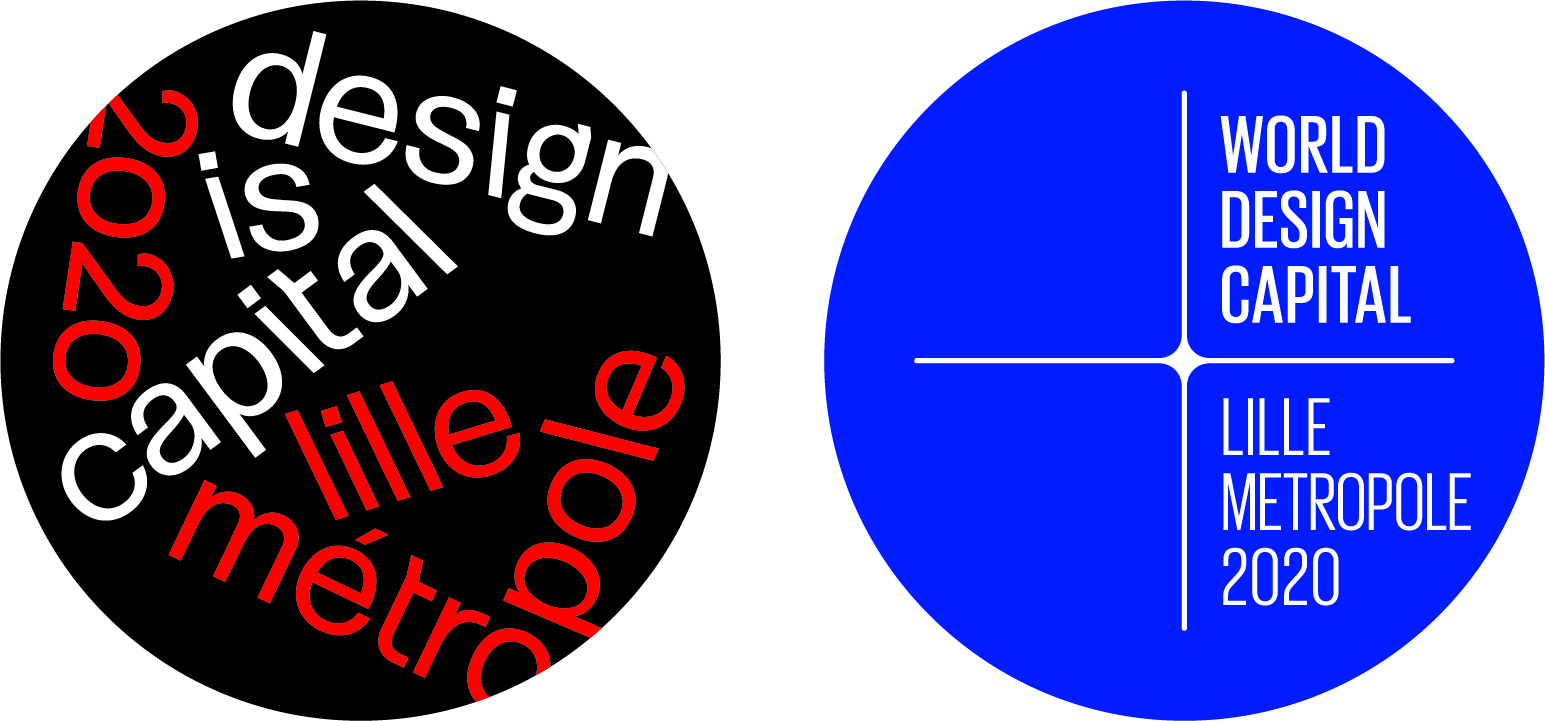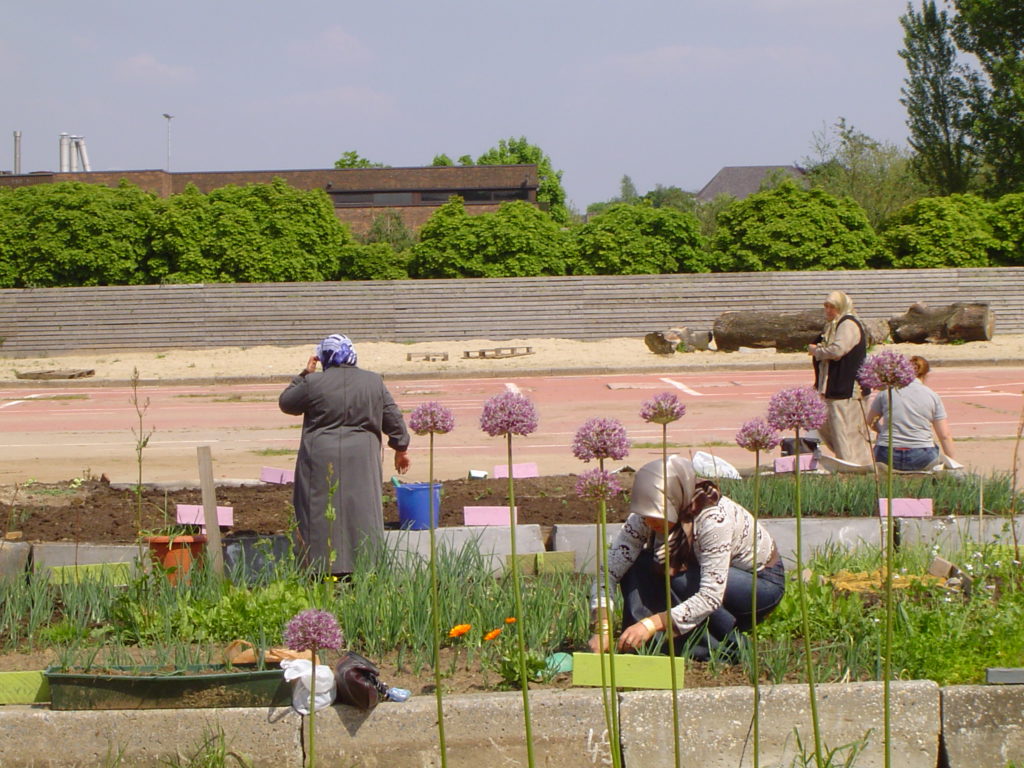POC URBACT Social Innovation in Cities
Cities that let citizens take responsibilities
How can a city engage with social innovation in order to address increasing constraints and budget cuts? In 2014, the city of Amersfoort in the Netherlands started the Year of Change, a complete process of change within its administrative practices, working towards shared responsibilities and collective leadership, a shift from command and control to a brokering role and a user-driven approach, a collaborative city administration and a responsible process of ‘letting go’ to citizens.
Social Innovation in Cities
The investigation, exploring how citizens and city administrations can collaborate better together in the city of Amersfoort as well as in the city of Gdansk in Poland, is part of a publication titled Social Innovation in Cities, looking at social innovation from the experience of the 500+ cities that took part to URBACT’s I and II Networks. Social innovation is understood here as innovative solutions, new forms of organisation and new interactions that tackle social issues. In particular, it focuses on innovative solutions relating to city governance: new forms of collaboration between city administrations, citizens and local stakeholders that generate sustainable, resilient and open systems at the city level.
Europe’s cities urban knowledge and good practices
This publication is part of a bigger capitalisation initiative set out by 2014–2015’s URBACT programme, with the objective to present to Europe’s cities their urban knowledge and good practices, relating to: new urban economies, jobs for young people in cities, social innovation in cities and sustainable regeneration in urban areas. These topics have been explored by four URBACT working groups, composed of multidisciplinary stakeholders across Europe such as urban practitioners and experts from URBACT, representatives from European universities, European programmes and international organisations working on these fields.
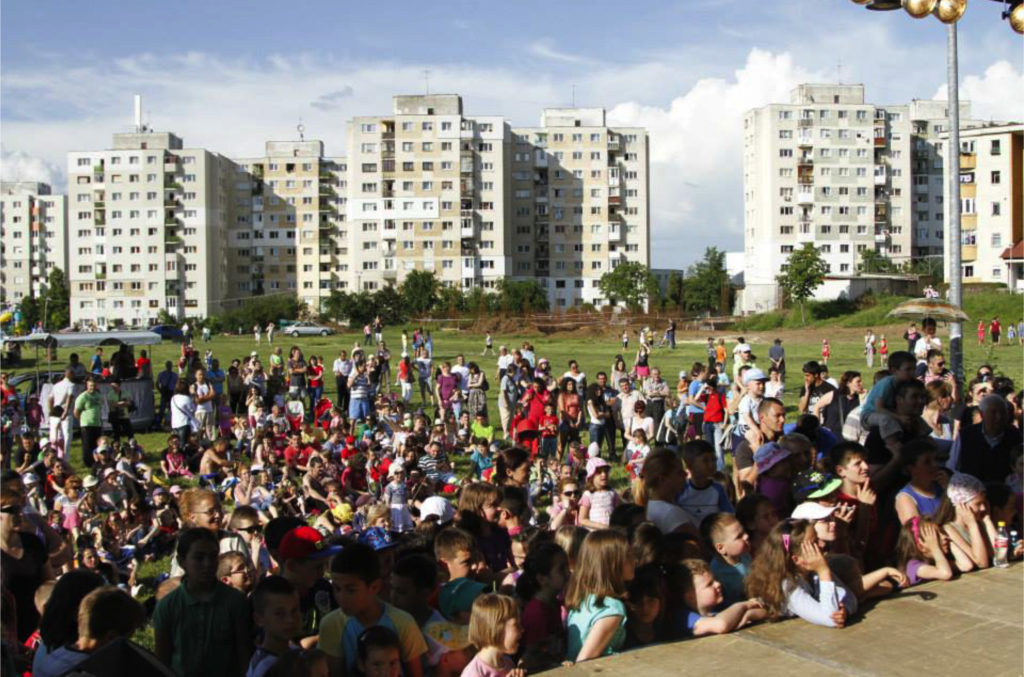
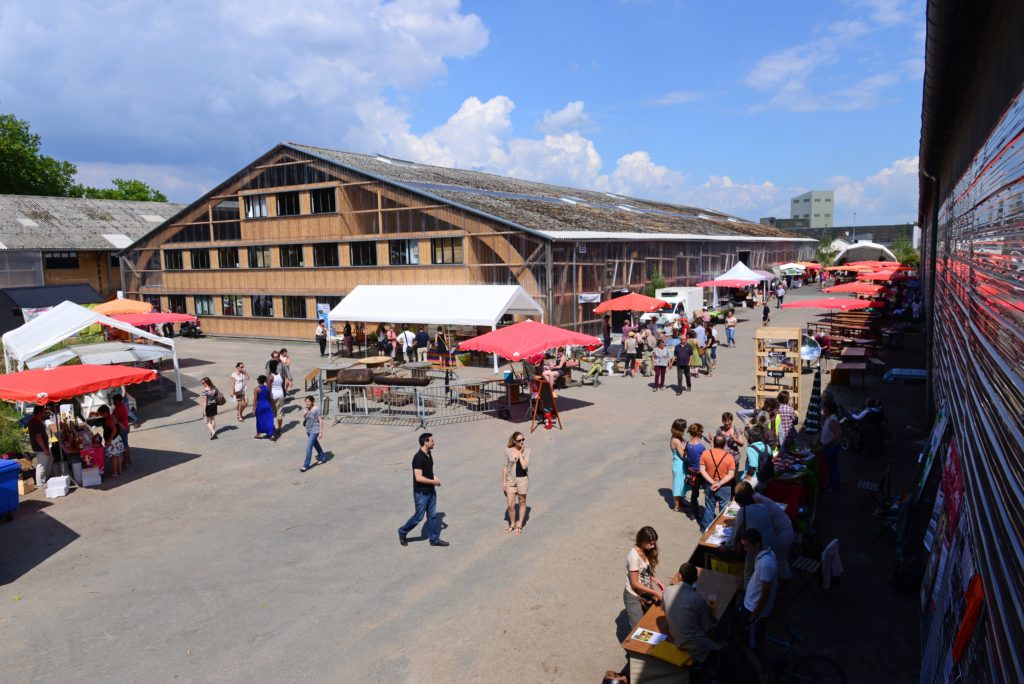
© Vincent Jacques/Samoa 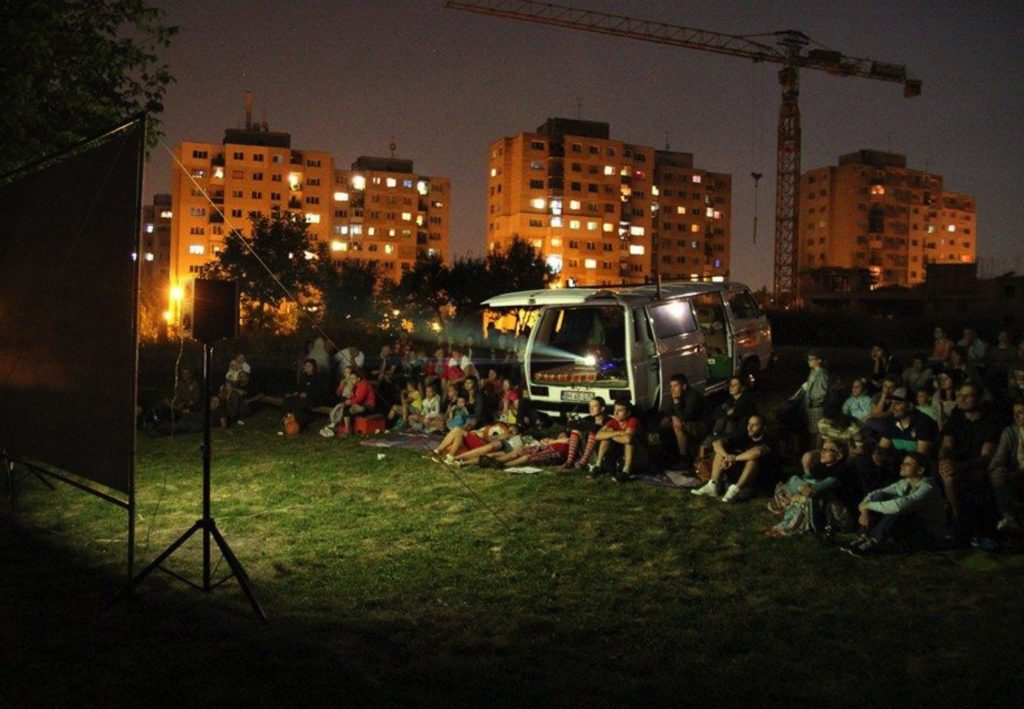
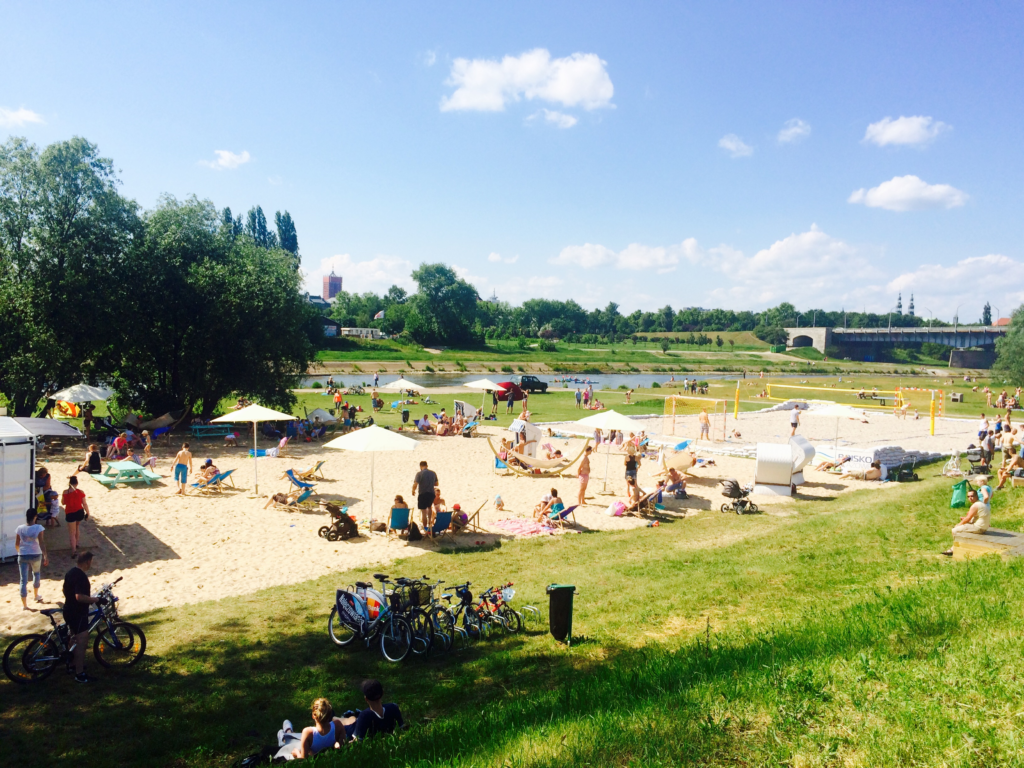
- Project holders: URBACT Secretariat
- Stakeholders: The URBACT programme is co-financed by the European Union
- Photo credits: URBACT Secretariat
